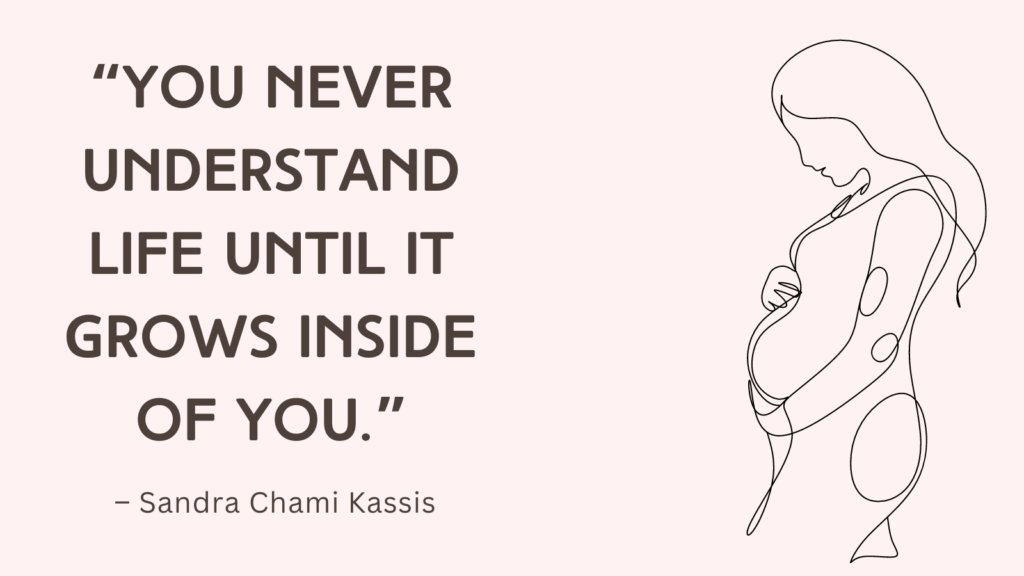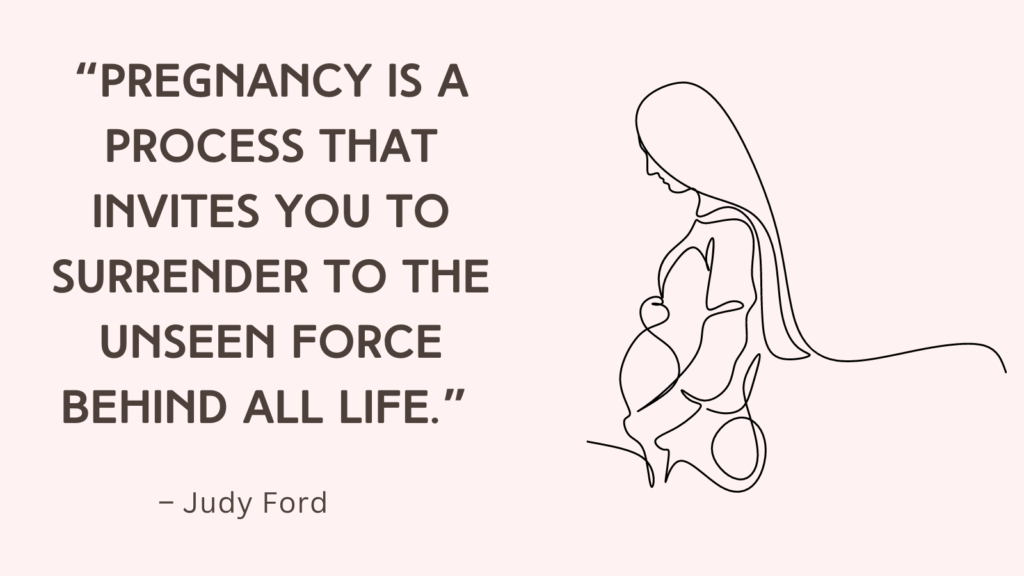Growing uterus, heightened smell sensitivity, and pregnancy fatigue.
Welcome to week 8 of pregnancy! You’re now two months in, and your baby is growing rapidly.
At this stage, many moms-to-be start feeling more intense symptoms, but the good news is that your baby is also developing beautifully!
Let’s go through everything happening in week 8, including baby’s growth, your body’s changes, and how to manage pregnancy symptoms.
What’s Happening to Your Baby?
At 8 weeks pregnant, your baby is now about the size of a raspberry (1.5 cm long) and growing quickly! Key developments this week include:
Heartbeat Is Stronger – Your baby’s heart is fully developed and beating about 150-170 times per minute!
Hands & Feet Are Forming – Tiny fingers and toes are starting to appear.
Facial Features Are More Defined – Eyes, nose, lips, and ears are becoming more visible.
Baby Is Moving! – While you can’t feel it yet, your baby is making tiny movements.
Organs Continue to Develop – The liver, kidneys, lungs, and brain are all growing fast.
The Tail Is Almost Gone – Your baby now looks more human-like rather than tadpole-shaped.
What’s Happening to Your Body?
At 8 weeks, pregnancy symptoms may feel stronger, as your hormones (hCG, estrogen, and progesterone) are at their peak.
Common Symptoms at 8 Weeks Pregnant
Morning Sickness – Nausea and vomiting may still be intense.
Extreme Fatigue – Feeling drained? Blame progesterone and your body’s hard work!
Bloating & Gas – Slow digestion can make you feel uncomfortable.
Frequent Urination – Your growing uterus puts pressure on your bladder.
Mood Swings – You might feel emotional, irritable, or even weepy.
Food Aversions & Cravings – Some smells may turn your stomach, while others make you hungry all the time.
Tender, Swollen Breasts – Your body is preparing for milk production.
Mild Cramping – As your uterus expands, you might feel slight pulling or stretching.
Increased Vaginal Discharge – This helps prevent infections but should be clear or white (if it’s yellow/green or smells bad, call your doctor).
How to Cope with Week 8 Pregnancy Symptoms
Symptoms can be challenging, but here’s how to manage them effectively:
1. Handling Morning Sickness
Eat small, frequent meals (an empty stomach makes nausea worse).
Keep plain crackers or dry toast by your bed for morning nausea.
Drink ginger tea or lemon water to soothe nausea.
Avoid strong-smelling foods that make you feel sick.
Stay hydrated – Sip water, coconut water, or electrolyte drinks.
2. Fighting Fatigue
Rest when needed – Your body is working hard, so naps are okay!
Eat iron-rich foods like spinach, lentils, and eggs to avoid anemia.
Stay hydrated and eat protein for steady energy levels.
3. Managing Bloating & Digestion Issues
Eat fiber-rich foods like veggies, fruits, and whole grains.
Avoid carbonated drinks, beans, and greasy foods to prevent gas.
Eat slowly and drink plenty of water to improve digestion.
4. Dealing with Frequent Urination
Drink plenty of water, but limit fluids before bedtime.
Empty your bladder fully each time you go.
Avoid caffeine, which can increase urination.
5. Coping with Mood Swings
Get fresh air and light exercise, like prenatal yoga or short walks.
Practice deep breathing or meditation for relaxation.
Talk to your partner, friends, or a therapist if you feel overwhelmed.
6. Relieving Breast Tenderness
Wear a supportive, comfortable bra (maternity bras help!).
Try warm or cold compresses to ease soreness.
What Should You Be Doing in Week 8?
Now that you’re 8 weeks pregnant, here are some important steps:
1. Schedule Your First Prenatal Visit (If You Haven’t Yet)
Your first ultrasound may happen this week or soon!
Your doctor will confirm baby’s heartbeat and due date.
You may get blood tests to check iron levels, hCG, and infections.
2. Keep Taking Prenatal Vitamins
Make sure your vitamin includes 400-800 mcg folic acid to prevent birth defects.
A vitamin with DHA & Omega-3s supports baby’s brain and eye development.
3. Eat a Pregnancy-Safe Diet
Focus on protein, iron, and calcium-rich foods.
Avoid raw meat, raw seafood, soft cheeses, and excessive caffeine.
Drink lots of water to stay hydrated.
4. Start Documenting Your Pregnancy
Take weekly bump photos (even if you don’t see a bump yet!).
Keep a pregnancy journal to track symptoms and emotions.
5. Start Looking Into Maternity Clothes
Your regular clothes may feel tighter, especially around the waist.
Consider stretchy leggings or maternity jeans for comfort.
6. Avoid Harmful Substances
No smoking, alcohol, or drugs—these can harm baby’s development.
Avoid harsh chemicals in cleaning products and skincare.
Final Thoughts
Week 8 is a big milestone in pregnancy! Your baby is growing fast, their heart is beating strong, and tiny limbs are forming.
Although symptoms like fatigue, nausea, and mood swings can be tough, this phase is temporary and a sign that your pregnancy is progressing.



